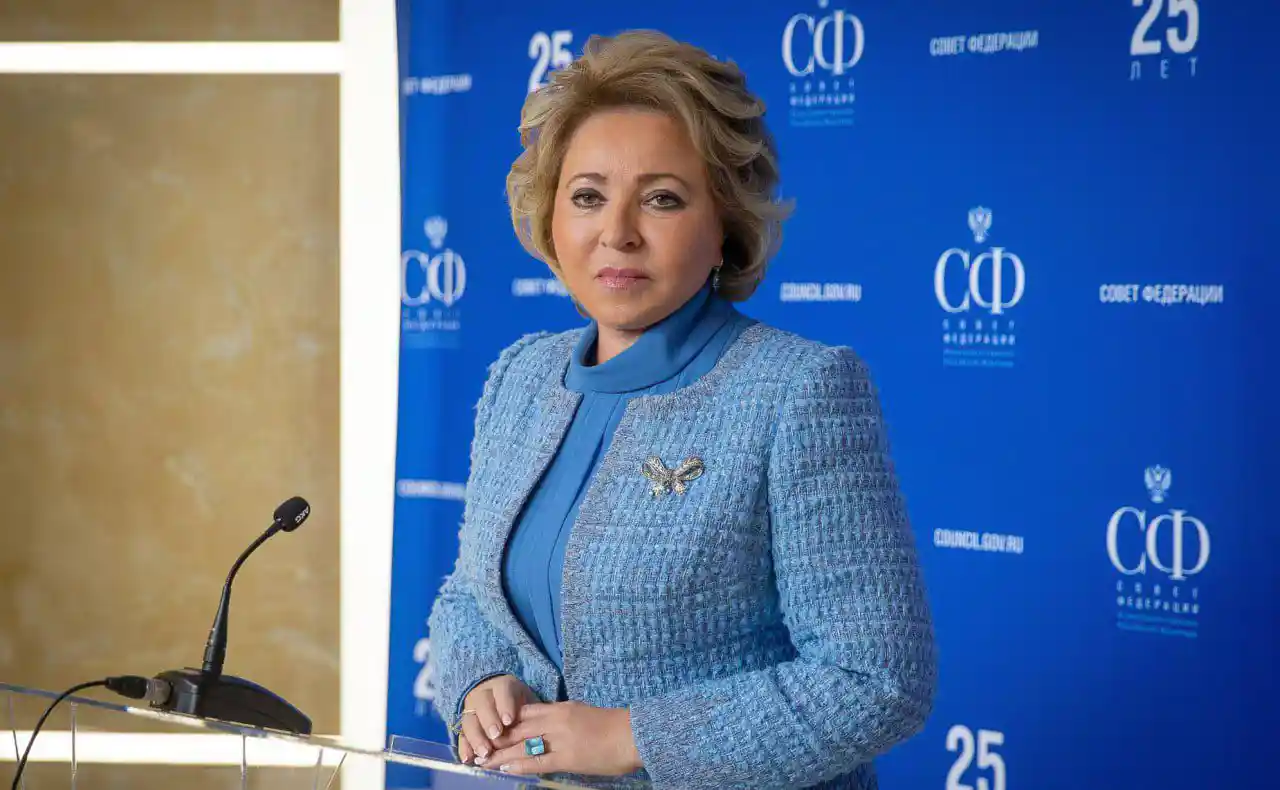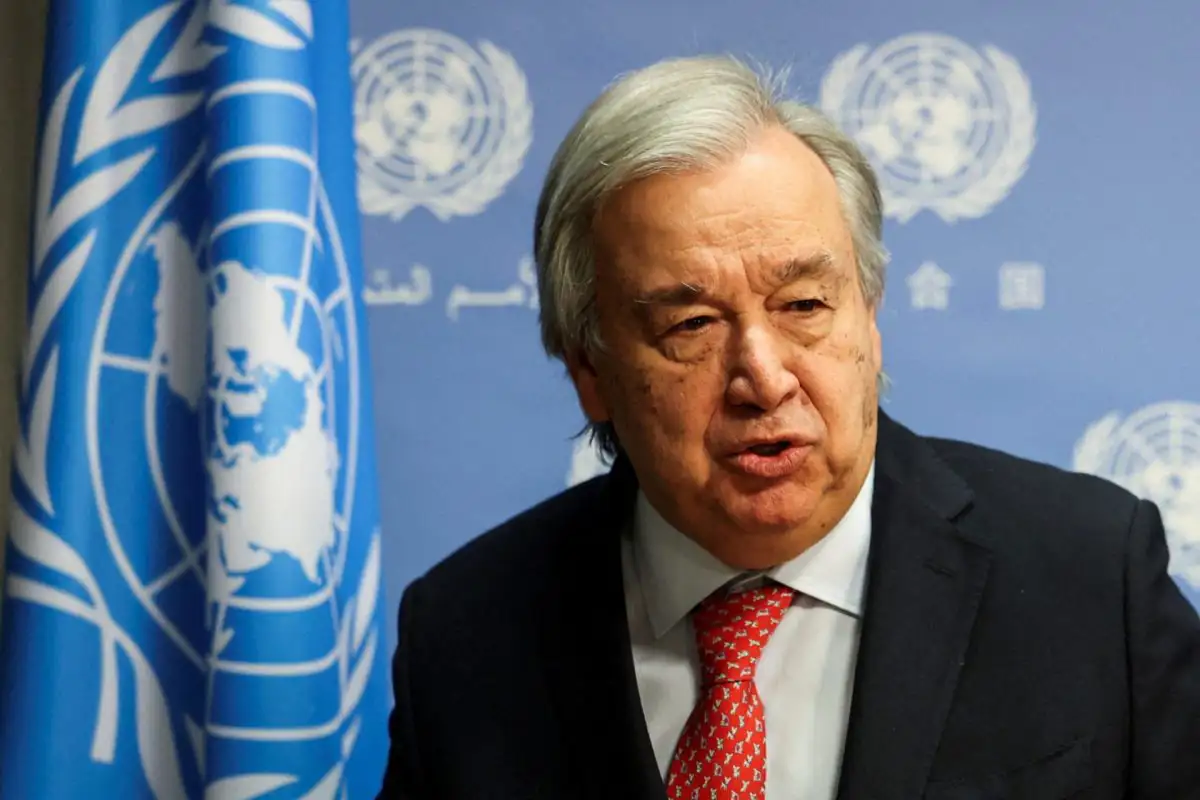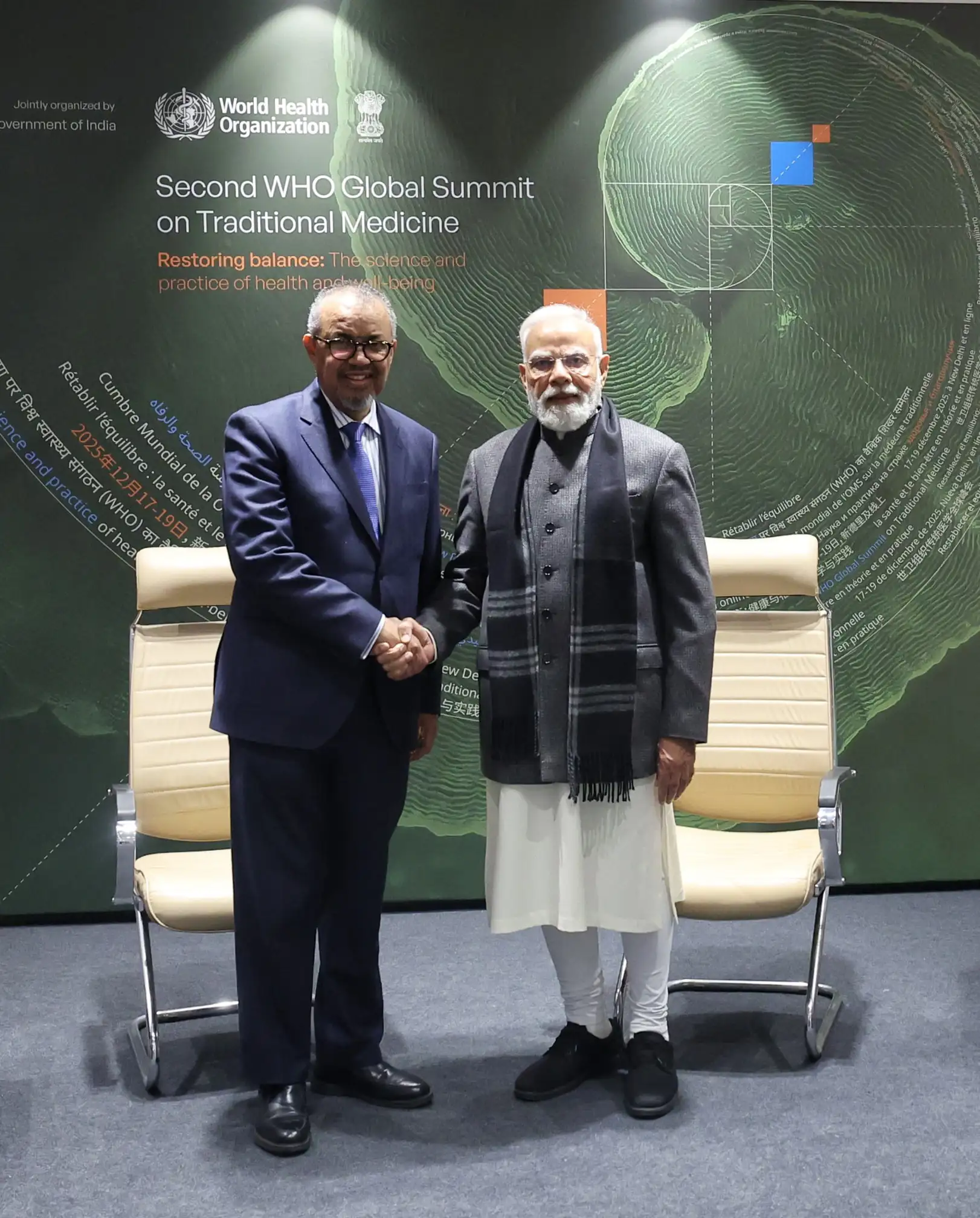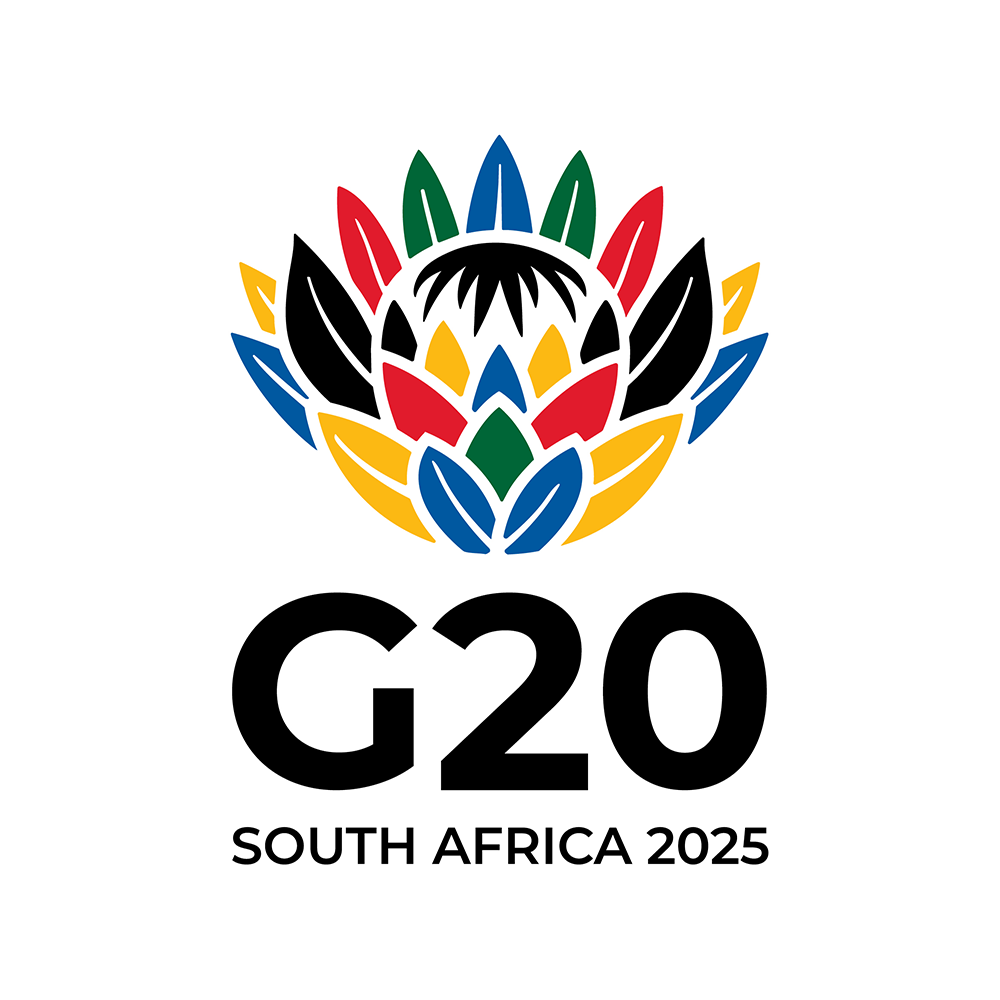Russia is touting Cuba's upcoming partnership with the BRICS economic alliance as a significant step towards enhanced cooperation, according to Valentina Matviyenko, Speaker of Russia's Federation Council.
The announcement came during a meeting with Esteban Lazo Hernandez, president of Cuba's National Assembly of People's Power, held on the sidelines of the Sixth World Conference of Speakers of Parliament.
Matviyenko emphasised the deepening relationship between Russia and Cuba, stating, "Our cooperation has reached qualitatively new levels in recent years." She specifically highlighted the importance of Cuba's accession as a BRICS partner state, scheduled for January 1, noting that all BRICS member nations are actively supporting this status for the Caribbean island nation.
The BRICS alliance, originally comprising Brazil, Russia, India, China, and South Africa, represents a significant bloc of emerging economies.
Cuba's addition as a partner state suggests a growing alignment with these nations, particularly in economic and political spheres. While the exact implications of the "partner state" designation are still unfolding, it is widely expected to facilitate increased trade, investment, and collaboration on various global initiatives.
Furthermore, Matviyenko pointed out Cuba's existing observer status within the Eurasian Economic Union (EAEU), a trade bloc spearheaded by Russia. She asserted that this dual affiliation with both BRICS and the EAEU opens up new avenues for mutually beneficial cooperation not only with Russia but also with all member states of these influential organisations.
Analysts suggest that Cuba's deepening ties with Russia and the BRICS nations are partly a response to ongoing economic challenges and strained relations with the United States.
The decades-long US embargo has significantly hampered Cuba's economic development, pushing the country to seek alternative partnerships.
The BRICS alliance offers Cuba access to new markets and investment opportunities, potentially easing its economic burdens.
Russia, in particular, has been a staunch supporter of Cuba, providing economic assistance and political backing on the international stage.
The increased collaboration between Cuba and the BRICS countries could also have broader geopolitical implications.
As the BRICS nations seek to assert greater influence in global affairs, Cuba's alignment with the bloc could strengthen its position and amplify its voice on issues such as international trade, climate change, and global security.
The Sixth World Conference of Speakers of Parliament provides a crucial platform for fostering dialogue and collaboration among global leaders.
The meeting between Matviyenko and Lazo Hernandez underscores the growing importance of international partnerships and the shifting dynamics of global power. Cuba's integration into the BRICS framework signals a significant development in the country's foreign policy and its engagement with the international community.
The upcoming year will likely see increased cooperation between Cuba and the BRICS nations, solidifying its position as a key player in the emerging global landscape.
The announcement comes at a time when global alliances and partnerships are being reassessed and redefined, showcasing the importance of Cuba's strategic decision to strengthen ties with nations outside of the traditional Western sphere of influence.




